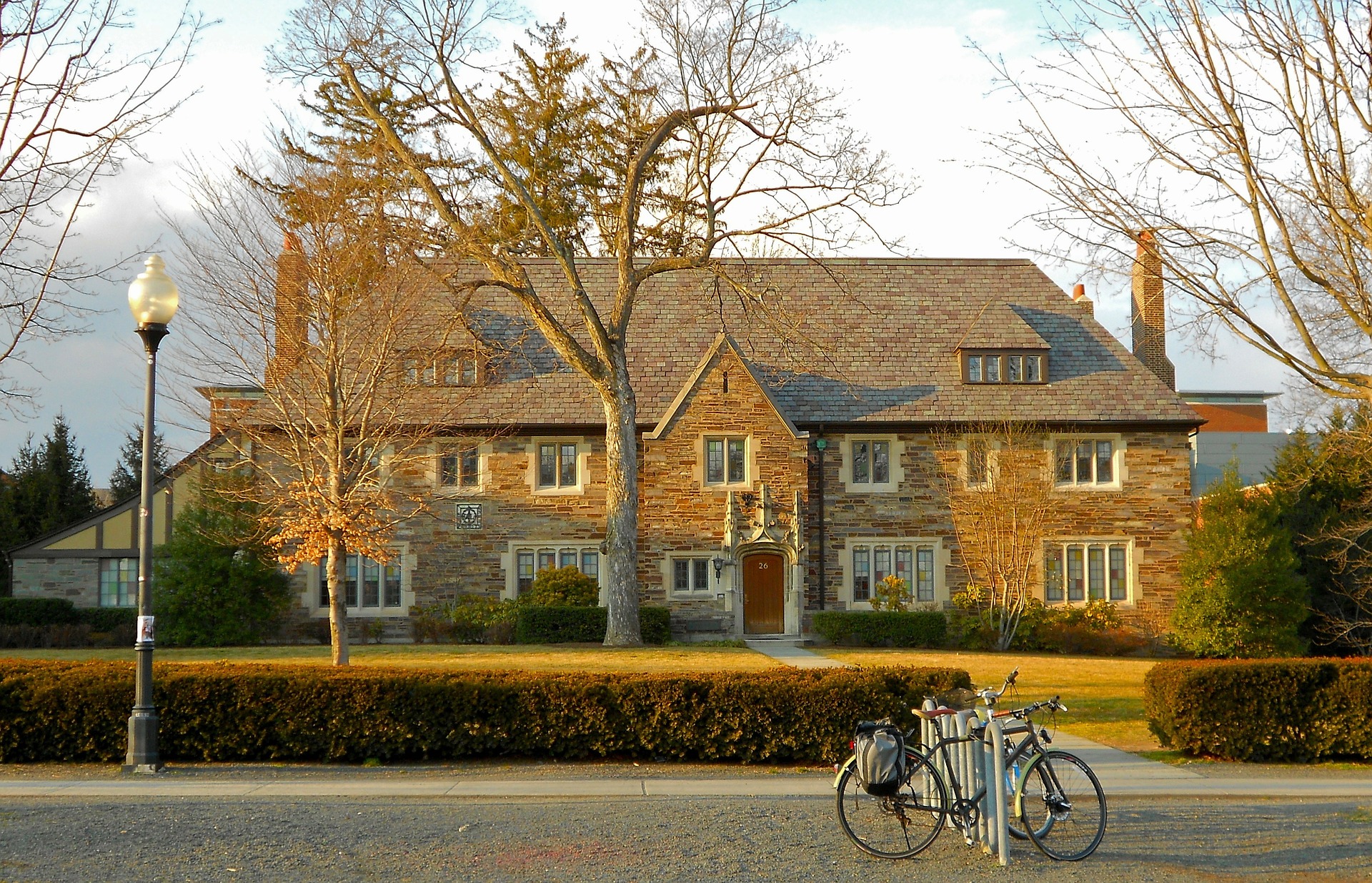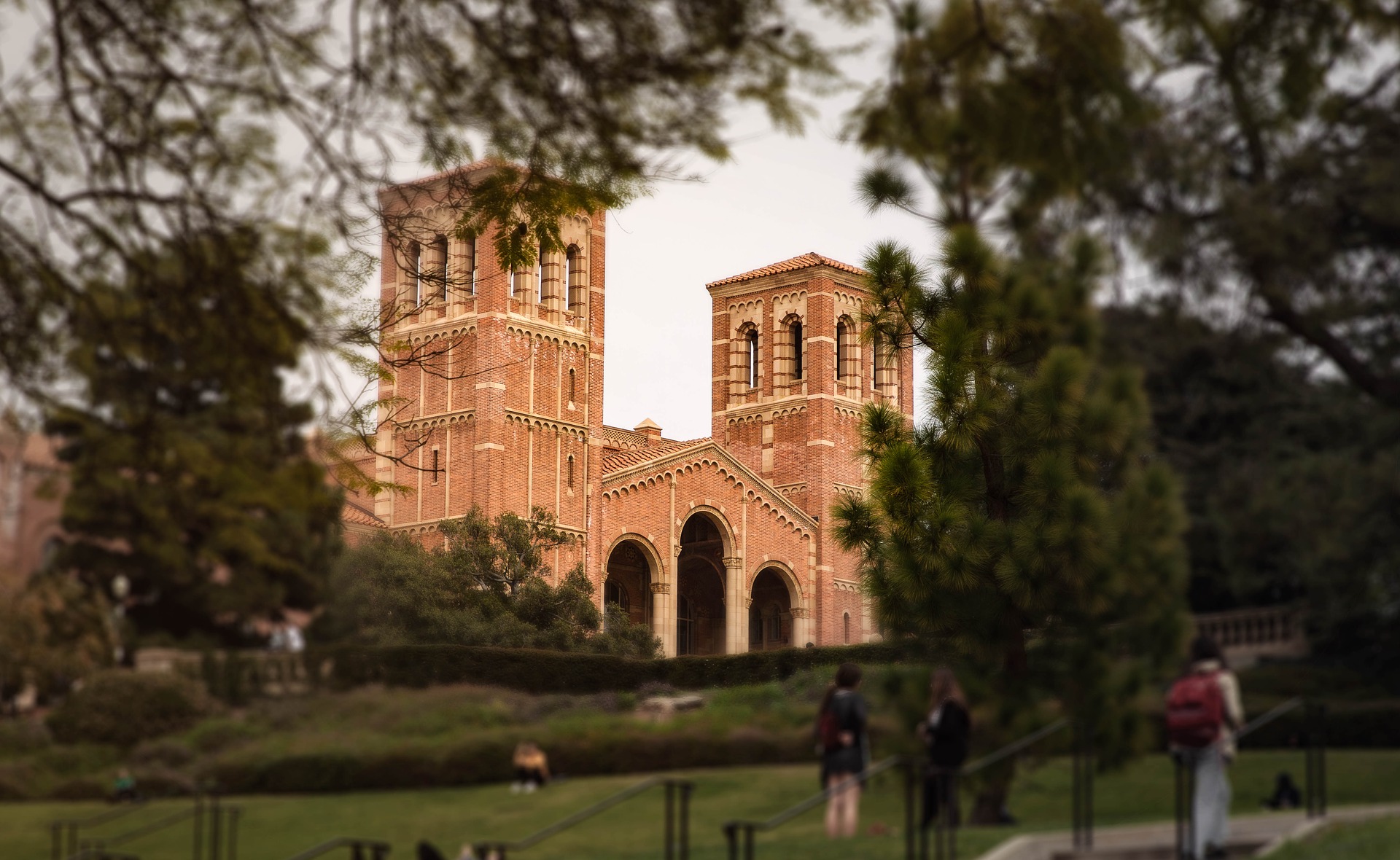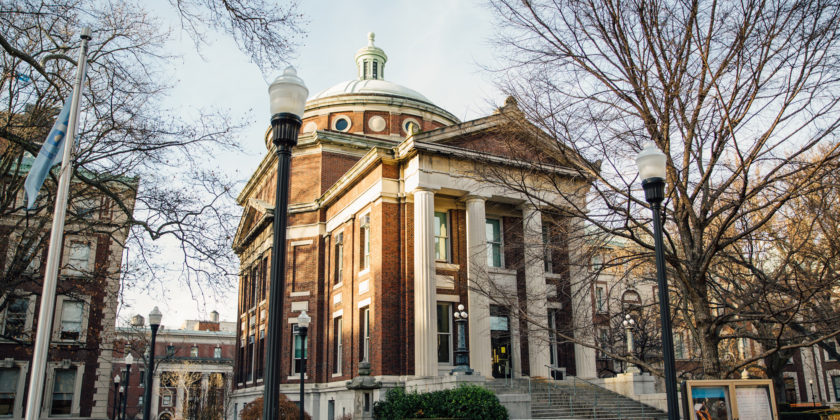The in-person campus tour is not the only or even the single best way to get to know a school, which is a good thing considering COVID-19 is causing most schools to cancel their on-campus visits programs. Neither is that gigantic Fiske guide, College Confidential (that site is stress-inducing, please stay away from it, same with Reddit), or what your older sibling or cousin told you based on findings from their college search process.
Meaningful college research should take place in several different ways, and luckily, it can take place from the comfort of your own home.
Here are five ways you can continue your college research and get to know schools while on-campus visits are on hold.
College/University Websites
Read the websites of the schools on your list, and not just the admissions and financial aid pages. I would read those—but to understand how to apply, not why to apply…unless it is one of the admissions office/officer’s blogs that I talk about here, as those might help you see why you’d want to attend.
I suggest starting with the pages of the department in which you hope to study (or think you might hope to study). What does the curriculum look like? How many and what types of classes are offered? Are there affiliated clubs, events, other special programs of interest? Find a faculty member who is undertaking research in your area of interest and reach out to them with three or four questions you have about the program or their research that you can’t find answers to online. If they are unable to speak to you, ask if they can suggest someone else who might be able to help. Can’t get through to any faculty members? Contact the department’s administrative assistant or department coordinator and see if they can help you make an initial connection. For example, here you can find the contact info for the program coordinator of Penn’s Department of Psychology. If not, ask your regional rep to help you get this information.
I also suggest pinpointing two or three clubs you might want to join. See if you can connect with a current student or faculty lead within each to learn more. Most club’s general admin contact info is posted online. Here is the contact info for Fordham’s Finance Society, as well as a zillion contacts for USC student clubs.
Lastly, you might want to get a sense of what the campus looks like and can do so via a virtual tour if you can’t go in person. Many colleges provide virtual tour options now. For example, here is one created by Santa Clara University in California.
CampusReel
Speaking of tours, whether you can get to campus in person or not, you will want to check out CampusReel for an insider look at the colleges and universities on your list. Real college students submit video clips that take you through a day in the life, dorms, dining halls, classrooms, and so on. For example, I enjoyed this video from a UC Santa Barbara student on what she wished she knew before she started. You will also get a pretty good sense of what the campus looks like in reality as the guides are not employees of the admissions office, and what you see is probably closer to what you will get compared to the virtual tour created by the school.
Coursera and edX
If you can’t get to campus and glimpsing a school’s academics firsthand is important to you (it should be!), then head over to Coursera and edX and sign up for a class. They are free, informative, and you might learn something, not to mention they give you an extra talking point (or ten) for application materials and interviews. You will get a sense of what college-level courses entail, and I also see it as a way to demonstrate interest. A few classes I like and have had students take include:
Network with Local Alumni Groups
Don’t know anyone who went to your dream school? Look no further than your local alumni group. If you are not sure if your area has an alumni group, ask Google. I entered “NYU alumni club NJ” and got the link to info on the NJ group right away. You will be sending a cold email but I don’t see anything wrong with that. You are showing interest in their alma mater. If someone is a member of their alumni group, they probably like to connect with people like you. You are demonstrating a desire above and beyond other prospective students to get to know the school, and they love their school! That is never a bad look. And if no one replies to you, at least you know you tried. If there is no local or regional group where you live, try to locate one closest to you. Again, there is really no downside to trying to connect with alumni to learn more about their school.
Social Media
Not the best way to get to know a school well, but some college accounts are not half bad. I follow a few schools on Instagram, and the “takeover” stories by admissions office staff and students can be insightful. I particularly like the UChicago and Barnard pages.
If you believe in finding a school that is best matched with your goals for college (not just a school with a certain brand, good sports team, etc.), the above outreach will help you figure out which school that might be—so use this time to get researching!
*Stay in the know! Subscribe*








